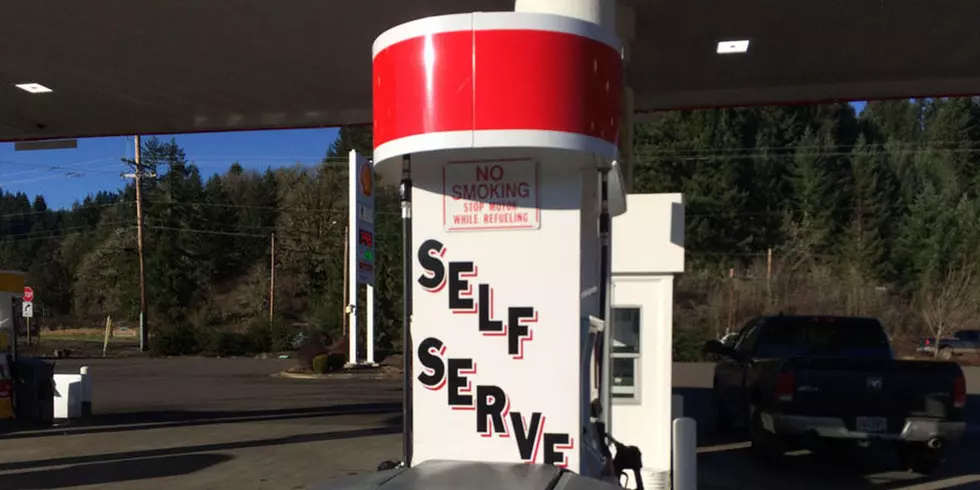
Workplace pot protections to depend on Supreme Court hearing
A deal has been reached on marijuana legalization, setting it up for final legislative passage next week, though some details of the agreement – in particular, how it will be governed in the workplace – have not yet been revealed.
Lawmakers have reached agreement on how to allocate the tax revenue primarily to social-justice programs and agreed to cap the number of cultivation licenses at the start of the new industry at 37.
Public Defender Joseph Krakora said the Legislature should be cautious about putting “workplace impairment recognition experts” into the legalization law, saying he suspects the state’s top court is going to determine the testimony of DREs is problematic.
“The Supreme Court has ordered an evidentiary hearing that’s ongoing right now to determine whether these drug recognition experts are even – whether it’s even science or whether it’s junk science, whether these opinions are even worth the price of the piece of paper they’re printed on,” Krakora said.
Sen. Nicholas Scutari, D-Union, said the Supreme Court is examining the issue through a different lens – proof beyond a reasonable doubt, rather than a workplace standard of a preponderance of the evidence.

Scutari said the proposed workplace DRE program was put into the Senate’s version of the bill as a dual test that would have to reinforce the findings of a drug test.
“That’s why we put the drug recognition analyst program into the new legislation, to try to give someone an additional protection because assuming they come up positive, then they would be given the chance to be field tested in addition to that before they can be disciplined,” Scutari said.
At a recent legislative hearing about marijuana legalization, some senators questioned the legitimacy of DREs. The head of the New Jersey Association of Drug Recognition Experts said it takes intensive training to become certified – and surprisingly accurate.
Jackson Township Police Sgt. Michael Kelly said the training to become a drug recognition expert spans 16 full days of classes, multiple tests and four to five weeks of field assessments – far more than the eight hours portrayed at a recent Senate hearing.
“The class is very, very hard. It’s not just a basic class that any officer can get into,” Kelly said. “It’s a select few who have to be dedicated to study every night. It is known as one of the hardest classes that an officer does go into.”
Kelly said the International Association of Chiefs of Police is working on turnkey training for workplace DREs.
“An employee could be trained, but it has to be trained by a DRE who wants what to teach them what to look for,” Kelly said.

Christian Estevez, president of the Latino Action Network, said that as a union representative, he worries the use of workplace impairment recognition experts would make it easy to kick people out of their jobs without proof of impairment.
“It’s time that we start to follow the science here because if we don’t, we’re going to inflict more violence against our communities. And then, what have we done this for?” Estevez said.
Business groups oppose requiring workplace DREs because of the time and cost involved.
More From Townsquare Media News:
20 Best Selfie Spots in Asbury Park
More From 94.3 The Point










